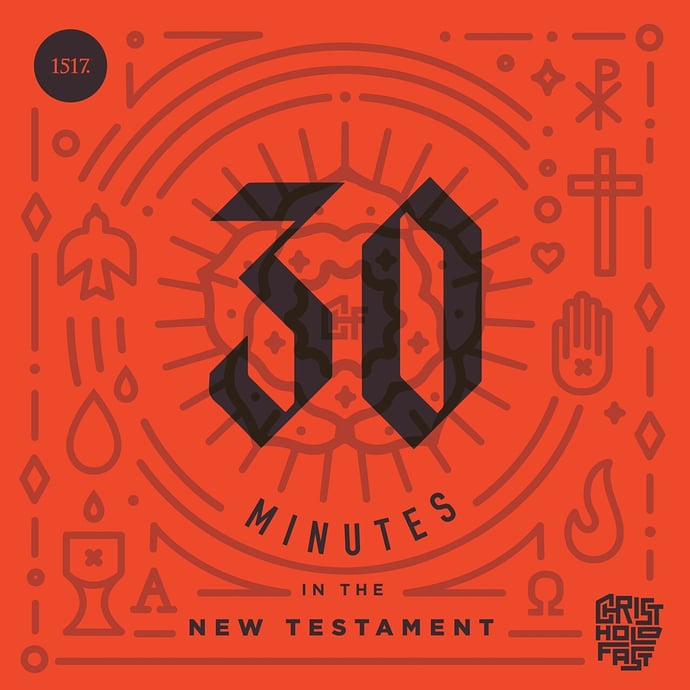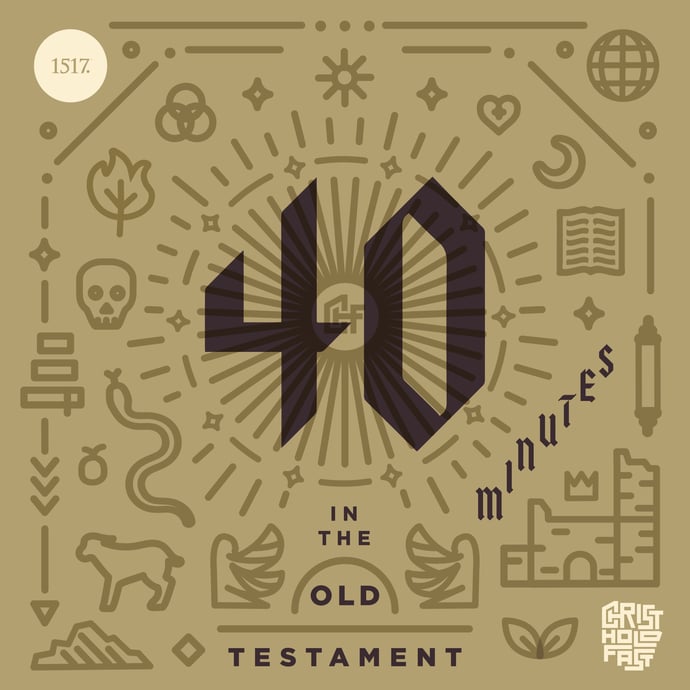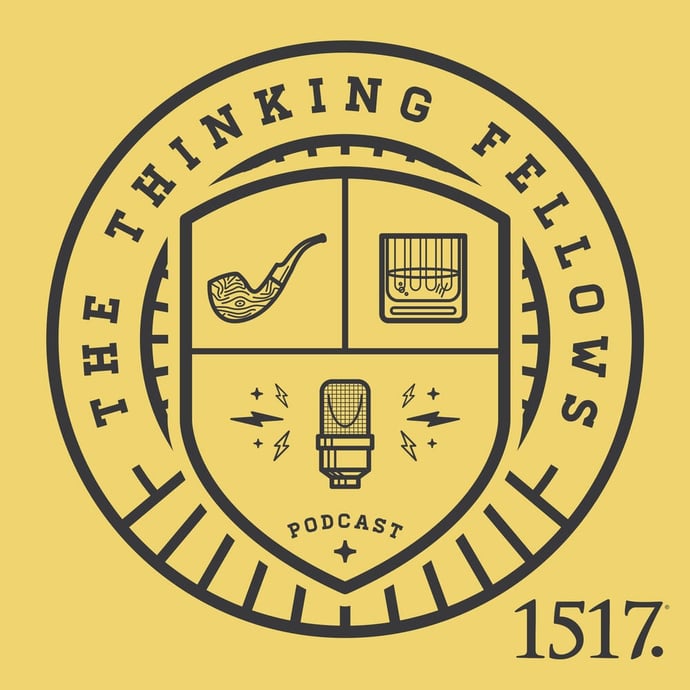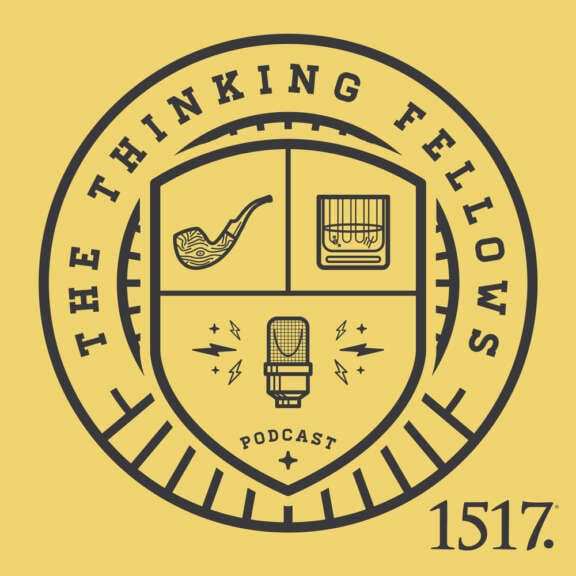Paul says in view of God’s mercy we should present ourselves to Him as a living sacrifice.
Podcasts
Each 1517 Podcast is dedicated to delivering Christ-centered content through weekly, monthly, and seasonal audio platforms. Listen online or on your favorite podcasting app.
Author
- All Authors
- Aaron Zimmerman
- Adam Francisco
- Amy Mantravadi
- Blake Flattley
- Bob Hiller
- Bradley Gray
- Brian W. Thomas
- Bror Erickson
- Bruce Hillman
- Caleb Keith
- Chad Bird
- Chris Rosebrough
- Christopher Gillespie
- Cindy Koch
- Craig Donofrio
- Dan van Voorhis
- Daniel Deen
- Daniel Emery Price
- Darrin Sheek
- David Andersen
- David Rufner
- David Zahl
- Debi Winrich
- Delwyn Campbell
- Donavon Riley
- Doug Klembara
- Edward Killian
- Elyse Fitzpatrick
- Erick Sorensen
- Flame
- Grant Klembara
- Gretchen Ronnevik
- Haroldo Camacho
- Jacob Smith
- Jared C. Wilson
- Jeff Mallinson
- Jeffrey Pulse
- Jessica Thompson
- Jim Nestingen
- Joel Fitzpatrick
- Joel Hess
- John Andrew Schreiner
- John Bombaro
- John T. Pless
- John W. Hoyum
- John Warwick Montgomery
- Katie Koplin
- Kelsi Klembara
- Ken Sundet Jones
- Magnus Persson
- Matt Popovits
- Michael Berg
- Michael Horton
- Nick Lannon
- Paul Koch
- Peter Nafzger
- Philip Bartelt
- Raleigh Sadler
- RJ Grunewald
- Robert Kolb
- Rod Rosenbladt
- Ron Hodel
- Sam Leanza Ortiz
- Sarah Condon
- Sarah Crowder
- Scott Davis
- Scott Keith
- Steven Paulson
- Tanner Olson
- Troy Neujahr
- Uwe Siemon-Netto
- Wade Johnston
- William Cwirla
-
How does the present way the Israelites speak of the exodus help us with how we understand our salvation? How do we deal with the judgment of God on entire nations of people?
-
Between the years 1550 and 1560 the giants of the Reformation are dying. The Fellows discuss the political and theological turmoil that occurred as a result of the Smalcald war.
-
Has God rejected Israel? What happens when you try to obtain the promises of God through law-keeping?
-
Chad and Daniel start chapter 6 of Deuteronomy. God tells the people to listen and to teach the word of God. What is the significance of the language of milk and honey?
-
On this episode, the Fellows discuss the events leading up to and the fallout after Luther’s death.
-
Paul says that many did not obtain righteousness because they pursued it through the law and not faith.
-
Chad and Daniel continue discussing the “Ten Commandments”. What does it mean to take the Lord’s name in vain? What does it mean to “keep” the Sabbath?
-
Between the years 1550 and 1560 the giants of the Reformation are dying. The Fellows discuss the political and theological turmoil that occurred as a result of the Smalcald war.
-
How are we to understand election in Romans 9? What does it mean that God loved Jacob and hated Esau?
-
God explains what His name means and contrasts Himself with every false god. Do the “10 Commandments” apply to Christians? Is “10 commandments” the right way to view these words from God?
-
The Fellows take a one week break from their series on the history of the Reformation to answer listener questions. The questions range all the way from the doctrine of Zwingli to apologetic responses to evolution.



